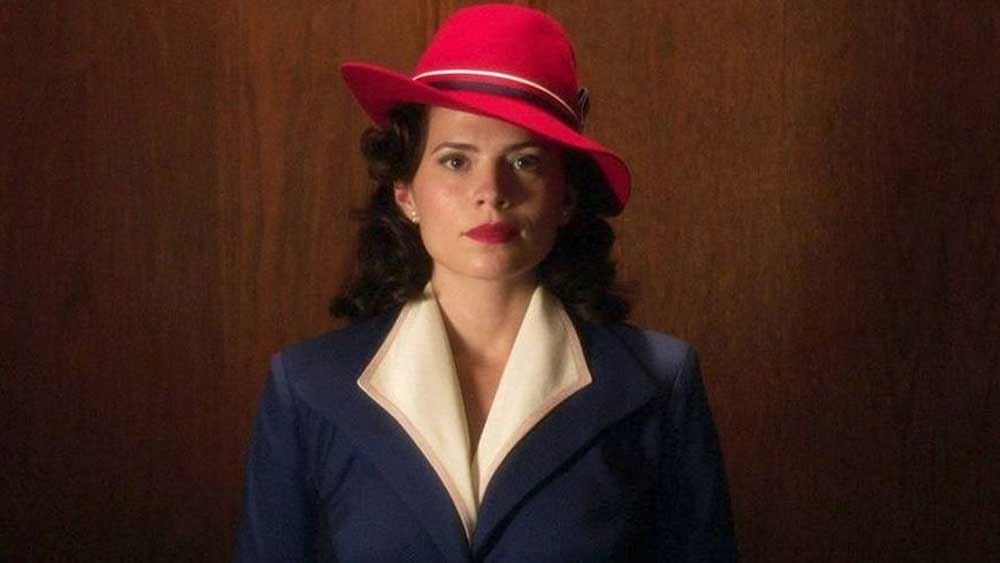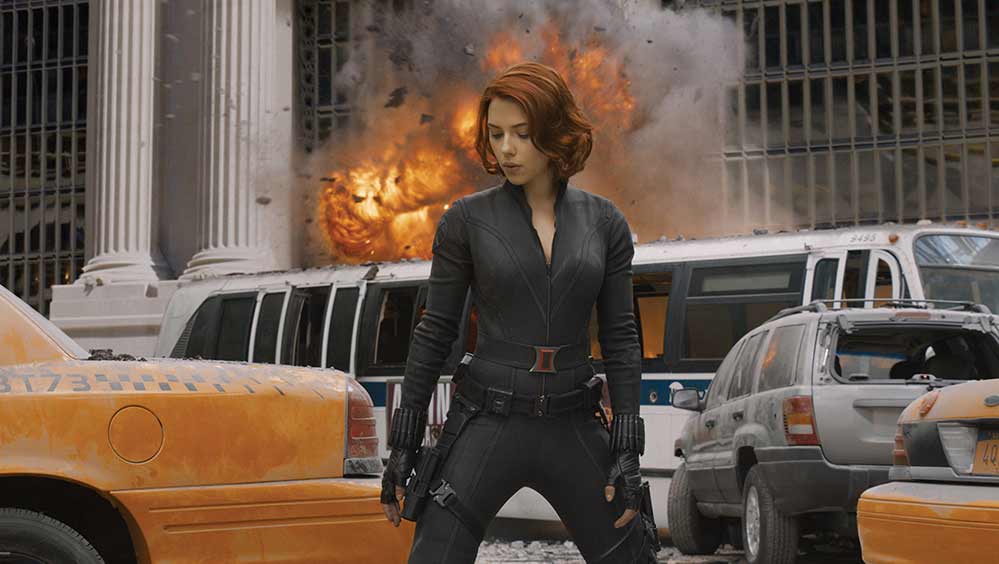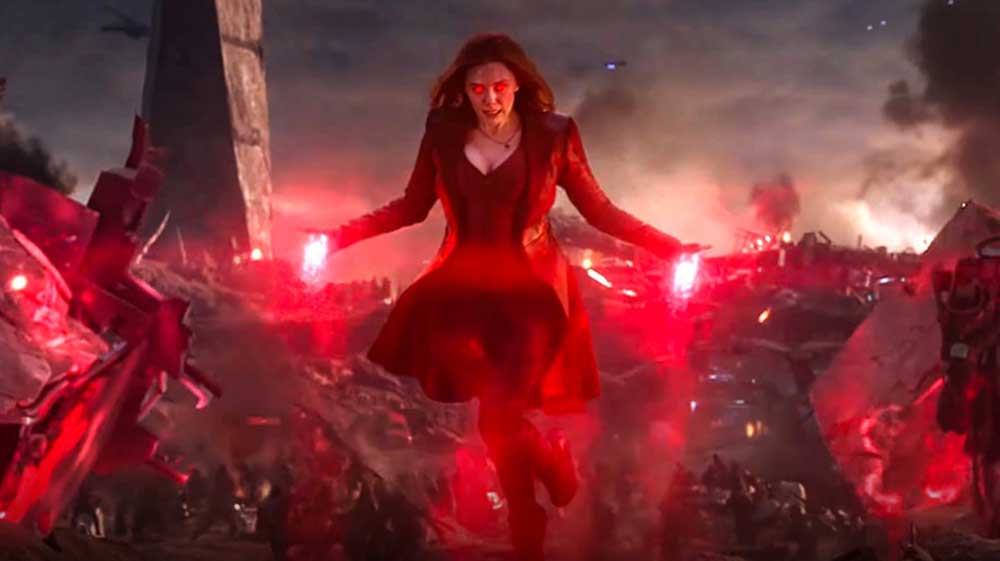The term 'strong female character' has been overused in Hollywood. She plays the leather-clad badass or the femme fatale in action and thrillers—and any character that would have been stereotypically played by a man. Any female character with the bare minimum autonomy is promoted as a strong one. Even if the 'badass' has a rank or a recommendation to prove their quality, the audience won’t take it at face value. They will often have to demonstrate their strength before the audience believes it. Consider Agent Carter in Captain America: The First Avenger (2011): we know she's a high-ranking officer who is respected by her peers and superiors, yet we still need to witness her punching one of the trainees to believe she's capable.

These strong characters are supposed to be a rebellion against established gender roles, but they've turned into figures who make other women feel awful for not 'manning up'. The notion that rejecting softness makes you strong leads to the portrayal of other, more gentle characters as weak, further feeding into the stereotypical definition of 'feminine'.
In fact, these supposedly strong female characters are often given token strength, in the sense that they are still less dominant than their male counterparts. They frequently obey directions from others throughout the film and let the male hero take the lead towards the film's conclusion. Female characters are also exempted from excessive violence because they are thought to be less frightening.
The femme fatale heroine began as a villain, but as attitudes toward female sexuality have evolved, the character type has evolved into being the protagonist, therefore it's not a surprise that they're often morally ambiguous. The badass is frequently single-minded and brutal, and the concept pits kindness and goodness against strength. This stems from the assumption that strong women and traditional femininity are at odds, and that kindness is sometimes misconstrued as maternal.

Thus, a major issue with the strong female characters in Hollywood is that they are frequently complimented for their inclusion, even if the character is underdeveloped, falls into cliché traps, or is just plain dull. There's so much pressure to feature strong female characters that the more crucial task of creating complex people gets overlooked and the bare minimum garners applause.
Even the portrayal of strength in female personalities is misrepresented. It should not be assumed that a character is excellent simply because they can shoot a gun. Characters who are well-developed and multifaceted should be praised. It's a word that applies to far too many characters to be a useful criterion for determining whether or not a character is inspiring. This stereotypical portrayal of strength also undermines mental and emotional strength, that many women exhibit while fighting gender-bias and standing up for their rights.

We don't need female characters that rebel against femininity; instead, we need female characters who demonstrate that femininity and strength are not mutually exclusive. We need female characters who show that you don't have to be emotionless to be powerful; we also need morally ambiguous characters who are more masculine—without judging others who aren't—and any other form of strong female character. We don't need what strong female characters have evolved into: a lazy, toxic stereotype exploited in place of a realistic character.
Please Note: The views expressed in this article are the writer’s own.